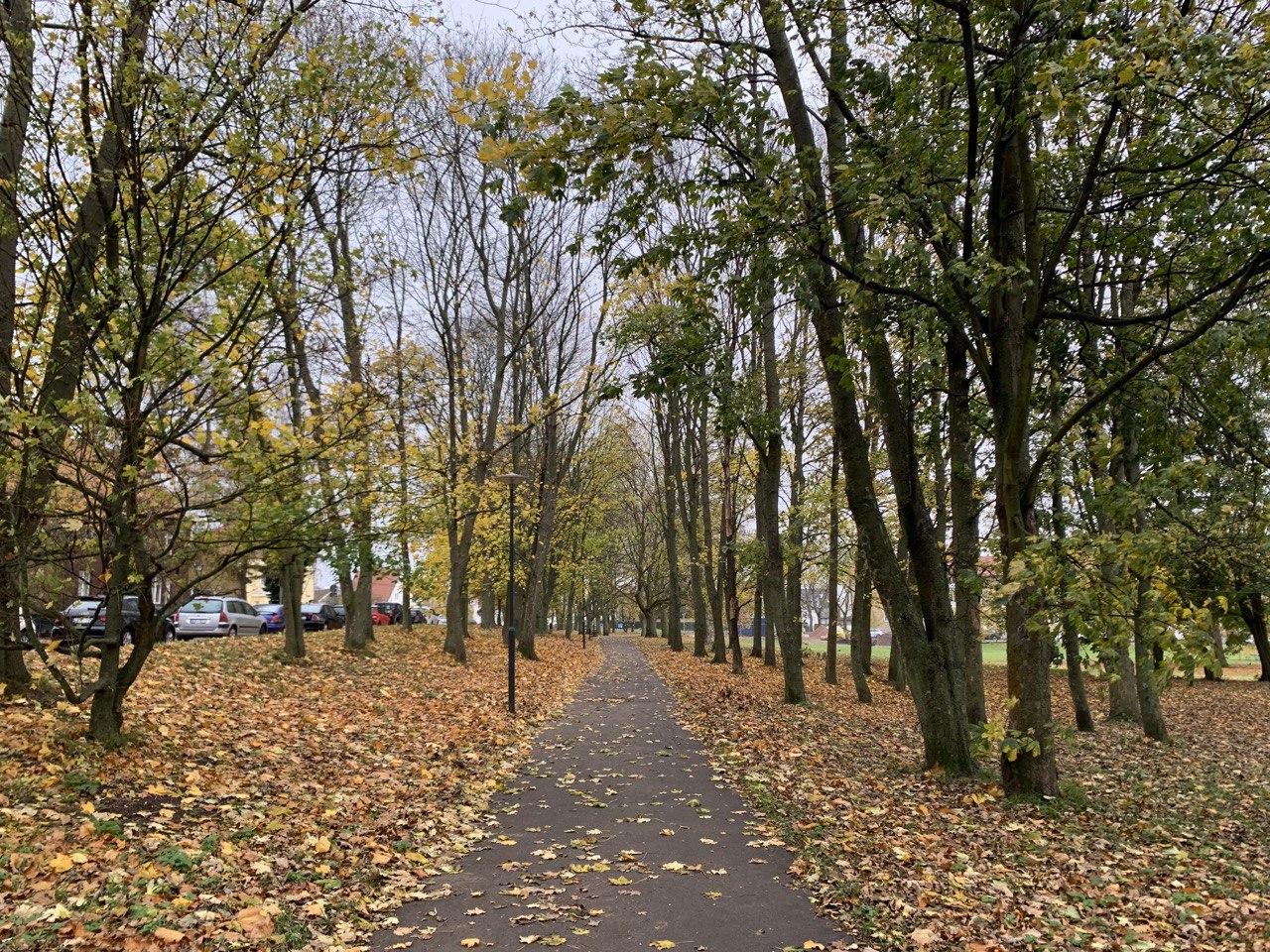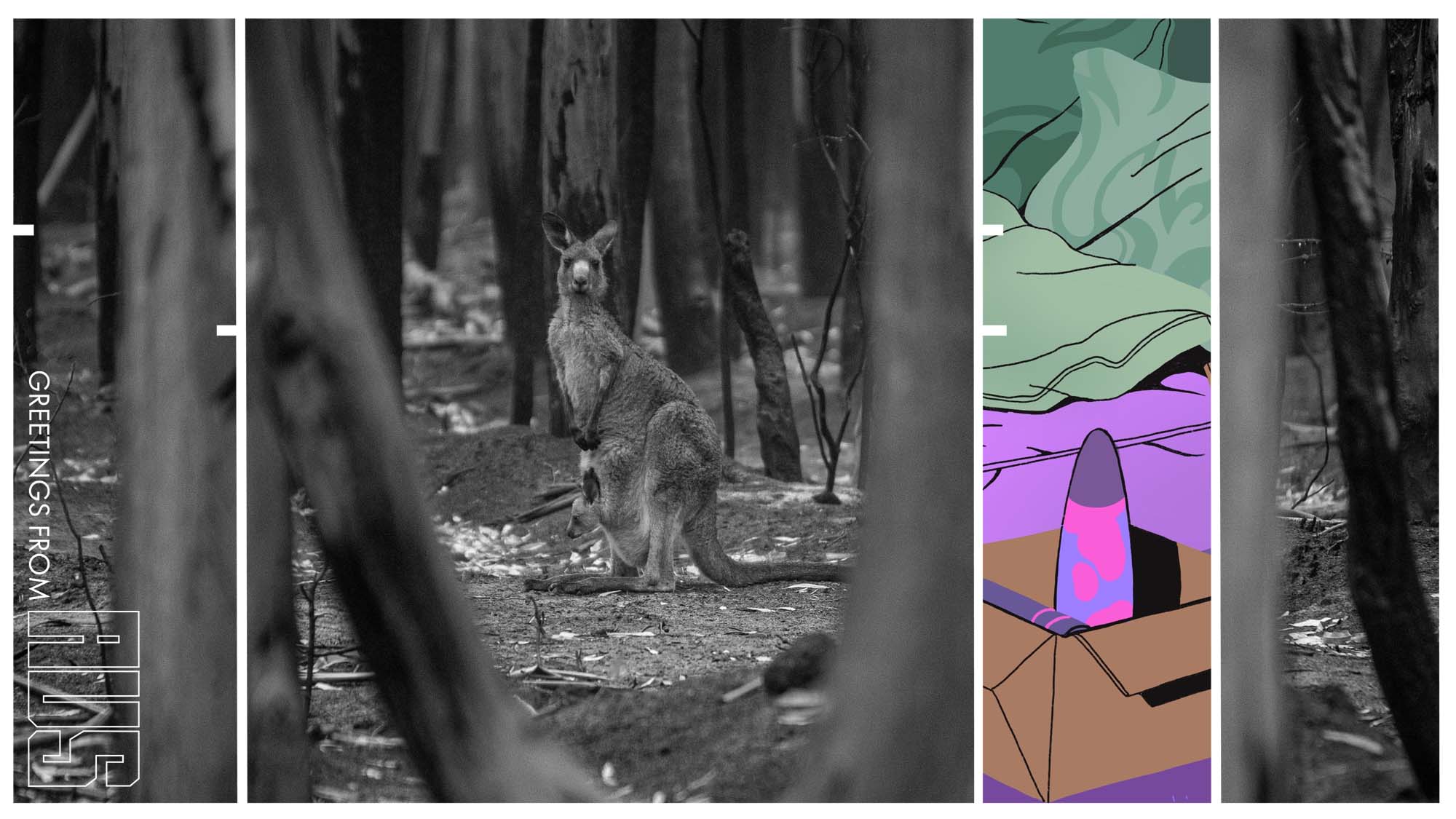Tenday Notes 11 Nov - 20 Nov 2021

Every ten days I share a quick digest of what I've been working on and reading. Here's the latest. More in the series here. Want them in your inbox? Sign up.
The beta test of my data visualization membership programme, in collaboration with Alli Torban, Will Chase, and Gabrielle Merite, is going very well, and we've decided it's viable to launch publicly - which we're planning to do in January.
If you'd like to invest in levelling your data visualization skills through a supportive, like-minded community, and gain privileged access to four mentors without needing to send a single awkward email, then grab a place at the front of the waiting list by filling in this form.
This was an interesting challenge - The Storythings team asked me to explain the issue of climate migration for five different audiences - a child, a teenager, a college student, a postgrad student, and an expert - in response to a short story by Australian indigenous writer Ellen van Neerven.

It was a neat exercise, and harder than I was expecting. I started by writing the expert article, then simplified it gradually down to child level, then went back up the detail scale again making refinements based on the simplifications I'd done that were worth keeping. If you have the time, I think it's a great way of ensuring that something you write is accessible to a broad audience.
File under interesting and unexpected. Sweden's financial regulator and environmental protection agencies have teamed up to propose that mining of proof-of-work cryptocurrencies (like Bitcoin and Ethereum) should be banned in the EU on the grounds that it's incompatible with the climate commitments enshrined in the Paris Agreement.

Literally the first sentence is already something to shout "YES" at:
The social benefit of crypto-assets is questionable.
But the real reason is a very solid argument:
If we were to allow extensive mining of crypto-assets in Sweden, there is a risk that the renewable energy available to us will be insufficient to cover the required climate transition that we need to make. This energy is urgently required for the development of fossil-free steel, large-scale battery manufacturing and the electrification of our transport sector.
The language gets stronger still:
There are several different policy options available. For instance, Sweden and other countries could introduce a tax on the energy-intensive production of bitcoin. Another option is to communicate more widely around the climate problems related to crypto-assets, in the hope that this will lead to both producers and investors demanding a shift to mining methods that require less energy. Given the rapid growth and demand for crypto-assets, neither of these options are likely to address the environmental harm we see from this mining method today. The emissions need to stop here and now, and renewable energy needs to be used for the climate transition of essential services.
Hard yes.
Speaking of which, a few weeks ago I got an email from the usually-great Music Hackspace, plugging a new "Intro to NFTs" course. NFTs, for those unfamiliar with the term, are questionable "certificates of ownership" - like the ones you get for plots of land on the Moon - which are stored on blockchains and traded using cryptocurrencies like those described above.
I sent a slightly crabby email back, asking if the intro would include warnings about the extreme environmental impact of the technology. I got a pretty quick response, promising that they'd ask the instructor to cover it. This was an immediate win.
Then they asked if I'd be interested in writing them a blog post outlining the subject in more details. So I did. And now you can read it - it's titled Why I'm Opting Out of the NFT Gold Rush, and it answers several common questions - especially around emissions offsetting, and so-called "green NFTs" (which in reality are just a paler shade of brown than regular NFTs).

You might be wondering why I keep going on about the environmental impact of NFTs. It's because I keep seeing people who've previously expressed support for climate action suddenly getting very excited about NFTs and high-carbon blockchains like Ethereum and Bitcoin. I fear that many people don't realise that the two are fundamentally incompatible, and until that knowledge gap closes I'll do my bit by continually going on about it.
OK. Enough NFTs for now. Fans of the oeuvre of Edgar Wright (Spaced, Shaun of the Dead, Hot Fuzz, World's End, Baby Driver, Last Night in Soho) will love this breakdown of the all little details hidden in several of the iconic scenes from his movies.
The keyboard on my 2016 Macbook Pro has been slowly disintegrating for a few years. I've replaced so many of its poorly-designed "butterfly" keys that the top row now reads "QWRRYY" because the Es and Ts are perpetually out of stock.
I use this machine daily for almost everything I do, so I figured it was time to bite the bullet and upgrade - especially in light of the new Macs just released which feature *gasp* SD card slots and Magsafe charging ports.
The new machines are lovely. They're bigger and chunkier than the older ones, but honestly I'm a little relieved that Apple has abandoned its "thinner and lighter at all costs" mantra in favour of something that actually works for people who do things.
The M1 chips (I got an M1 Pro, the Max seemed unnecessarily expensive) are fantastic, with top-tier performance in the kinds of software I use a lot - audio, video, code. They're a real breakthrough. The screen, trackpad, keyboard (thank god) and webcam (finally) are also top-notch.
I spent most of the weekend getting it set up just right - customising my terminal, downloading all the little helper apps I use (Magnet! Alfred! Piezo! Amphetamine! Sim Daltonism!), and just generally making things nice. And now they're nice, I love it.
I'm gonna give it a month or so before I start adorning it with stickers (I've lost a lot of quality stickers to screen repairs and the like in the past), but these first impressions continue then it'll absolutely be the best laptop I've ever owned.
Finally, I'll leave you with this short and sweet guide to (mostly ambient) generative electronic music from Bandcamp, featuring eight albums that you could get lost in for days.

It's nearly Christmas. Where did 2021 go?






